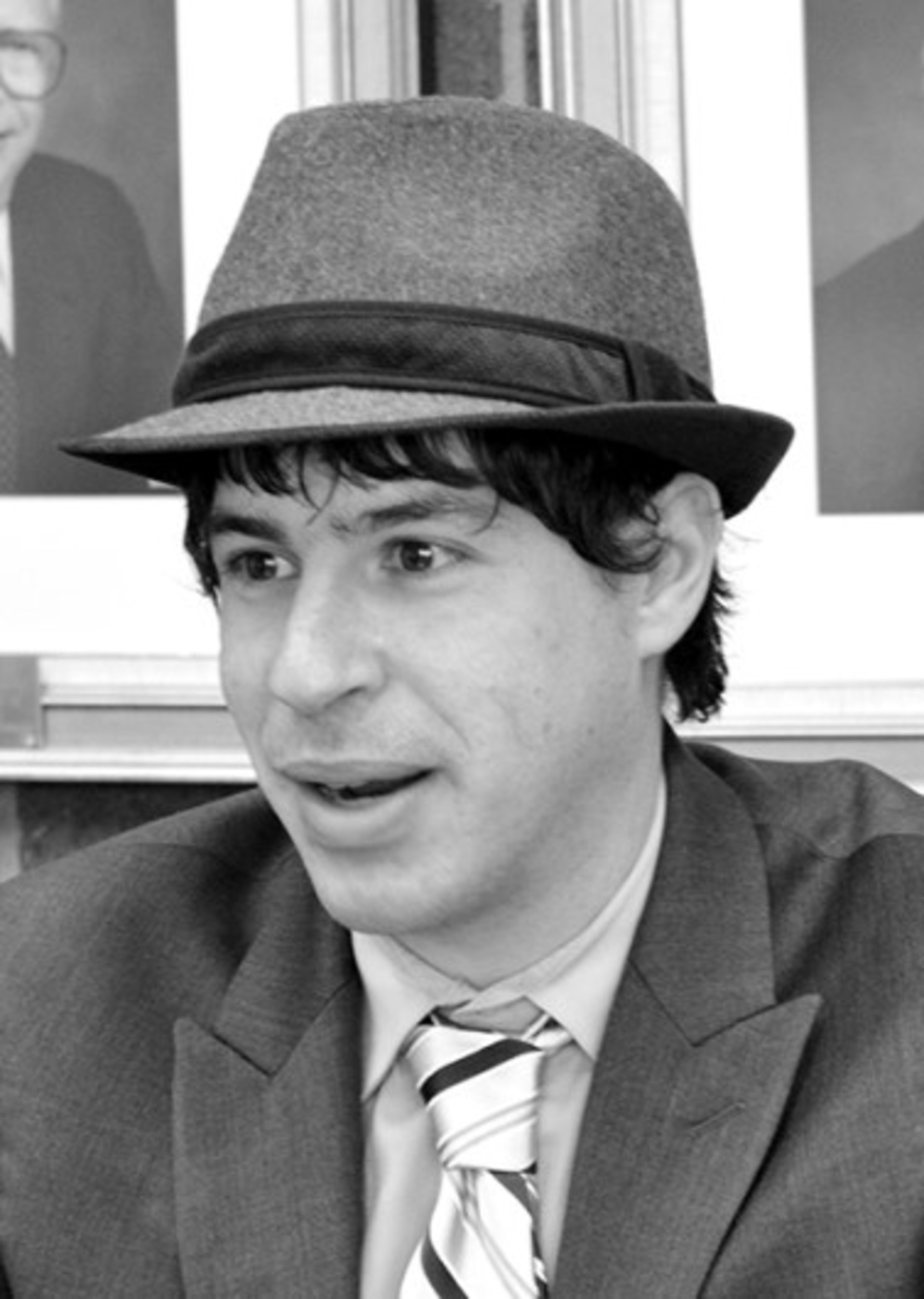On bonfires, hubris and the state of civil discourse
Lag B’Omer – the Hebrew letters lamed and gimel represent the numerical equivalent of 33, and so Lag B’Omer is a shorthand way of referring to the 33rd day of the 50-day count between Pesach and Shavout. Many are familiar with the various customs of Lag B’Omer and take great pleasure in them. And why not? They’re fun. Some engage in archery or other outdoor sporting events; bonfires (and even s’mores) are common. But what of the mourning customs? And what can these customs teach us about the absurdly broken state of civil discourse we’re currently living with.
Most Ashkenazic and Sephardic communities accepted a customary set of mourning restrictions during the first 33 days of the count. The customary restrictions include a ban on weddings, shaving and haircuts, and live celebratory music. To the extent that folks are commonly familiar with the idea that this time of year is a period of mourning, it’s because weddings, as a rule, are not scheduled during this time period. I dare say that the main interaction with these customs in the broader community is that of partners to be and their families attempting to select a wedding date with their rabbi of choice, and learning that these days are off limits.
What is the origin of these customs? The Talmud (Yevamot 62) recounts:
It was said that Rabbi Akiva had 12,000 pairs of disciples from Gabbatha to Antipatris; and all of them died at the same time because they did not treat each other with respect. The world remained desolate until Rabbi Akiva came to our Masters in the South and taught the Torah to them. These were Rabbi Meir, Rabbi Yehuda, Rabbi Yose, Rabbi Shimon and Rabbi Elazar ben Shammua; and it was they who revived the Torah at that time. A Tanna taught: “All of them died between Passover and Shavuot.” Rabbi Hama ben Abba or, it might be said, Rabbi Hiyya ben Abin said: “All of them died a cruel death.” What was it? Rabbi Nahman replied: “Croup.”
This account is remarkable; it truly strains credulity. Rabbi Akiva (50 C.E. – 132 C.E.) was known not only as Rosh HaChachamim, the scholar’s scholar, a name denoting his legal acumen, but also as a leading spiritual mystic. Surely, the profound spiritual connection with the master of the universe would have left an impression on his students. The Torah they pined over night and day, from the lips of their saintly teacher, would have carried explicit and implicit messages regarding treating others with dignity. And yet the Talmud states that the reason a deadly plague killed them all was “because they did not treat each other with respect.”
My suggestion is that they died not in spite of the Torah they learned but because of it. The very Torah that is the Tree of Life to them was also their poison. How? One of the first pitfalls of any positive behavior is the sense of judgment and triumphalism that results naturally. Whenever a person takes on any positive change, be it in a religious sense or otherwise, it’s only natural that a sense of judgement can arise against others who haven’t followed this path.
In the Kabbalistic system of sefirot, divine emanation, this is represented by tiferet, balance and harmony, when achieved, breaking its homeostasis and tending first toward netzach, victory. Victory has the positive connotation of pride and self-esteem. Whenever a person positively intervenes to change their lives, they should rightly feel a sense of pride and victory. Positive affect and pride for accomplishments is healthy and worth fostering. But lurking always in the shadow of pride is the specter of arrogance. And this leads directly to the judgment and criticism of others, not out of love, but out of an elevated sense of self.
For the Kabbalists, the balancing attribute is hod, recognition of what is, awareness, that leads naturally to gratitude for life’s blessings. First and foremost, we should remember that in the very recent past, we hadn’t yet made whatever positive change we’ve now made, hadn’t yet achieved whatever heightened sensitivity we now possess. And second, we should recognize that improvements exist now, but they are tenuous. Anxiety often arises as a result of this recognition; mainly, though, it should foster a sense of gratitude and appreciation for what is. We can transition, in the right moment, to balance away from a position of improvement and doing, if no longer pro-social, to one of appreciation of what is.
A posture of growth is one encouraged by Judaism and psychology alike. The dramatic death of Rabbi Akiva’s students reminds us that growth requires self-awareness and sensitivity.
Learn to notice when growth leads to judgement; let us learn to engage with others from a place of appreciation and humility.
BARRY DOLINGER is rabbi of Temple Beth Sholom in Providence. He is vice president of the Board of Rabbis of Greater Rhode Island.








